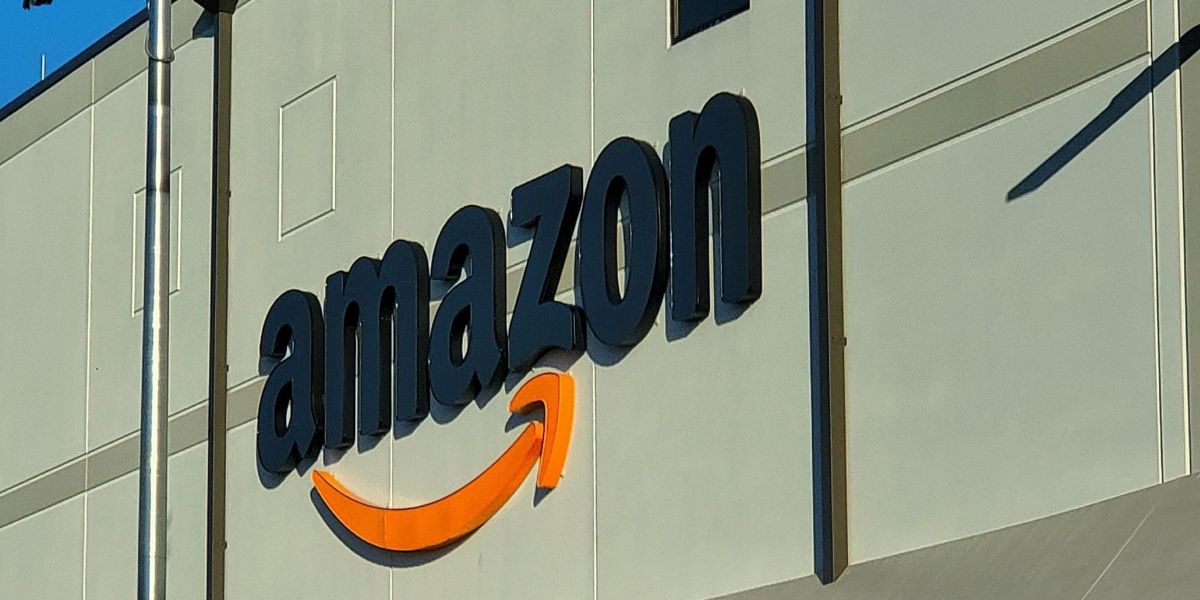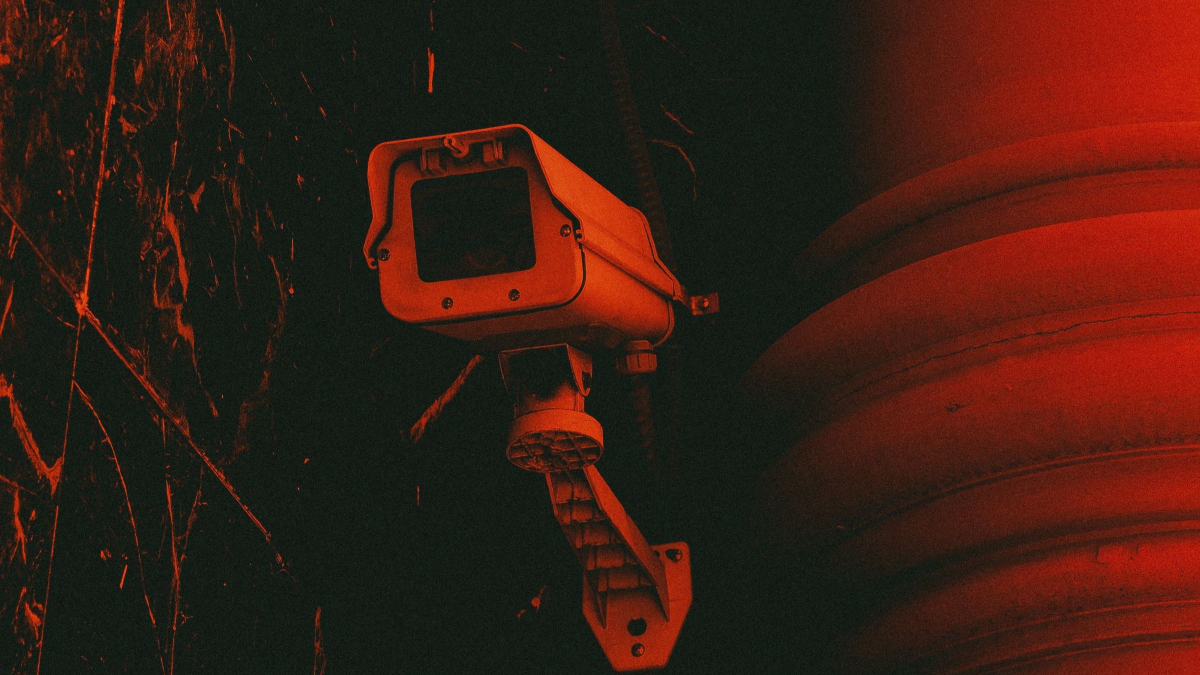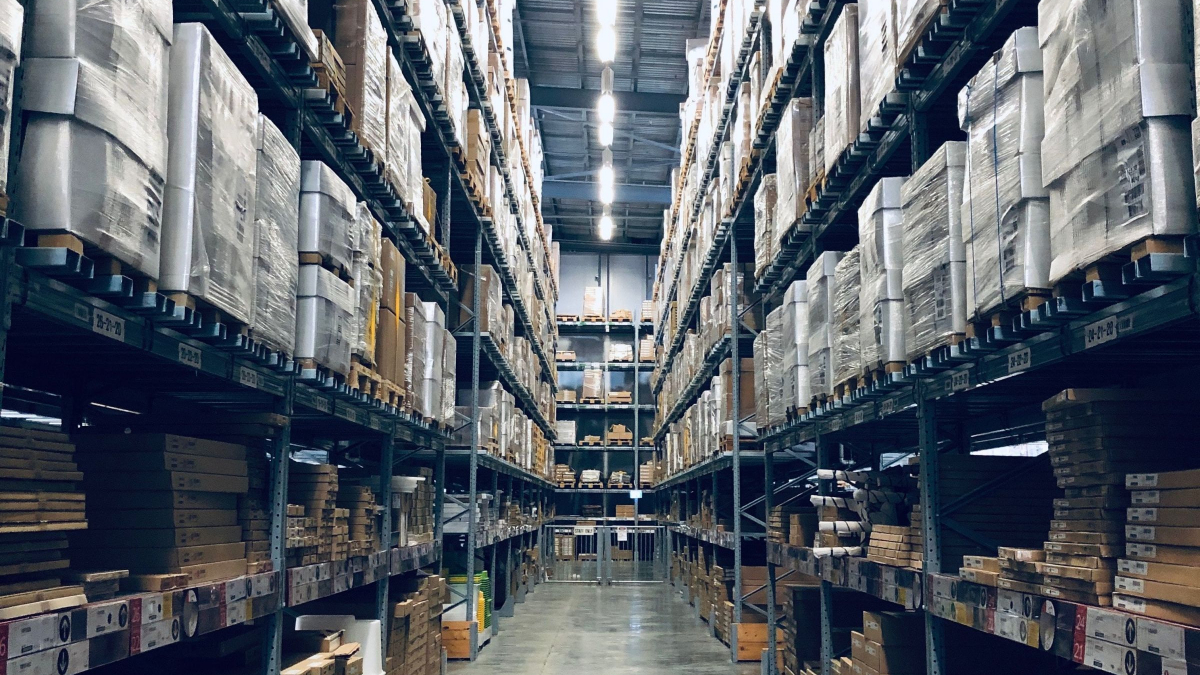Amazon Antitrust Lawsuit
Washington State’s Attorney General has joined a coalition of states in filing an antitrust lawsuit against Amazon, alleging that the e-commerce giant engages in anti-competitive practices. The lawsuit claims Amazon’s policies suppress competition by penalizing third-party sellers who offer lower prices on other platforms. Additionally, the company is accused of using its market dominance to inflate prices, restrict seller autonomy, and maintain an unfair advantage over competitors.
The plaintiffs argue that Amazon’s practices harm consumers by artificially raising prices and stifling innovation. This case highlights broader concerns about the influence of big tech companies on market competition and the need for stronger regulatory oversight.
Is the Case Strong? The case against Amazon appears substantial, supported by internal documents, seller testimonies, and data that allegedly demonstrate the company’s monopolistic behavior. Legal experts point out that Amazon’s dual role as both a retailer and marketplace operator creates inherent conflicts of interest. For example, the company can prioritize its own products over third-party sellers, leveraging its platform to gain an unfair advantage.
Courts will likely scrutinize Amazon’s pricing policies, such as its Fair Pricing Policy, which discourages sellers from offering lower prices elsewhere. Critics argue that these policies effectively force sellers to raise prices across all platforms, limiting consumer choice and competition. If the plaintiffs can establish that these practices constitute unreasonable restraints on trade, the case could lead to significant regulatory changes.
Amazon, however, denies the allegations, asserting that its policies are designed to ensure a fair and consistent shopping experience for consumers. The company argues that it fosters competition by enabling small businesses to reach a global audience and that its practices comply with antitrust laws. These arguments will likely hinge on whether the court views Amazon’s actions as protective of consumer interests or harmful to market competition.
Who Should Bear Responsibility? Responsibility for addressing these issues lies primarily with Amazon, as the dominant player in the e-commerce market. As a global leader, the company has a duty to operate fairly and transparently, ensuring that its practices do not harm competitors, sellers, or consumers.
Regulators and policymakers also play a crucial role in shaping the legal framework governing big tech companies. The lack of comprehensive antitrust regulations in the digital age has allowed dominant players to exploit gray areas, necessitating updated laws and enforcement mechanisms. Advocacy groups and smaller businesses must continue to push for accountability and equity in the marketplace.
Consumers, too, have a role in driving change by supporting alternative platforms and being mindful of how their purchasing decisions impact the broader market. Public awareness and demand for ethical business practices can influence corporate behavior and encourage more competitive ecosystems.
The Amazon antitrust lawsuit represents a pivotal moment in the fight against monopolistic practices in the digital economy. Its outcome could reshape the e-commerce landscape, setting new standards for fairness and competition. A ruling against Amazon may lead to stricter regulations, increased scrutiny of tech giants, and greater protections for consumers and small businesses.
For Amazon, this case serves as a reminder of the responsibilities that come with market dominance. By addressing these concerns proactively, the company can demonstrate its commitment to ethical practices and long-term sustainability.
Ultimately, this lawsuit underscores the importance of maintaining a balance between innovation and accountability. As the digital economy continues to evolve, ensuring fair competition and protecting consumer interests will remain critical priorities for regulators, businesses, and society at large.






